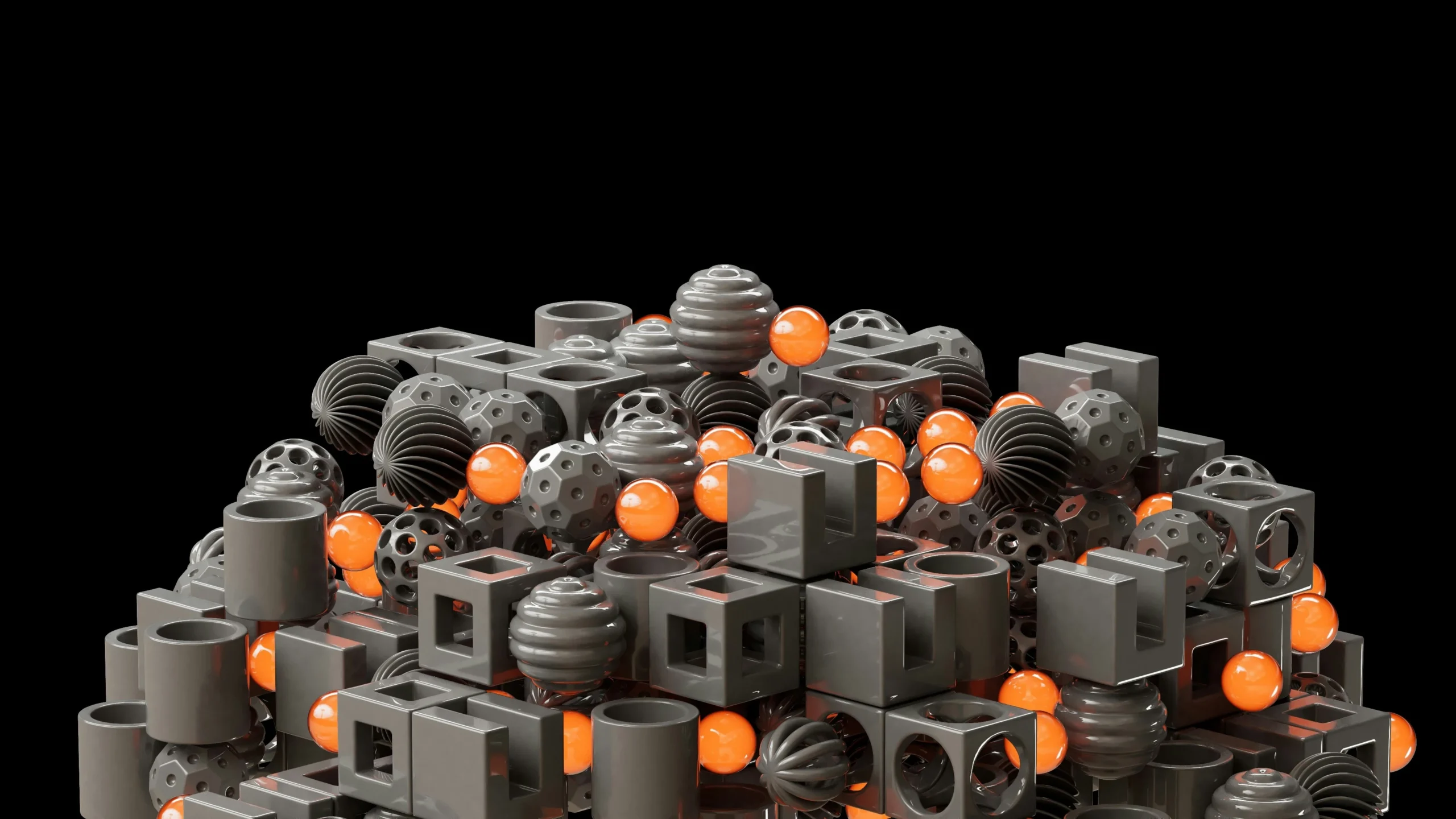Artificial intelligence (AI) in agriculture is revolutionizing the way farmers grow crops, manage resources, and improve yields. From precision agriculture and AI-driven farm automation to smart irrigation systems and machine learning in farming, AI is optimizing food production like never before. This article explores the impact of AI in farming, its benefits, challenges, and how it’s shaping the future of sustainable agriculture.
1. AI in Precision Agriculture and Data-Driven Farming
One of the most significant breakthroughs in AI-powered farming is precision agriculture. AI-driven sensors, drones, and satellite data help farmers make real-time decisions regarding soil health, irrigation, and fertilization.
AI in Soil and Crop Monitoring
By leveraging machine learning in farming, AI-powered sensors analyze soil moisture, pH levels, and nutrient content. This allows for precision farming techniques that enhance productivity while reducing waste.
Weather Prediction and Climate Adaptation
AI-driven weather models help farmers plan their planting and harvesting schedules more efficiently. Smart farming technology also assists in predicting droughts and extreme weather, reducing crop losses.
2. AI-Powered Automation: Autonomous Tractors and Robotics
AI in agriculture is transforming labor-intensive tasks through automation.
Self-Driving Tractors and Drones
AI-powered tractors and agricultural drones use GPS and machine learning to optimize planting, fertilization, and harvesting. These smart machines reduce operational costs and labor dependency.
AI-Powered Harvesting Robots
With labor shortages affecting food production, robotic harvesters can identify ripe fruits and vegetables, improving efficiency and reducing food waste.
3. AI in Pest and Disease Detection
AI-driven pest control systems use machine learning to detect crop diseases and pest infestations early.
AI-Based Pest Identification and Control
Using drone surveillance and AI-powered image recognition, farmers can detect and treat pests before they spread. Artificial intelligence in farming reduces pesticide use by targeting only affected areas.
Disease Diagnosis and Prevention
Machine learning models analyze plant leaf patterns, identifying diseases like fungal infections and bacterial spots. This smart farming technology helps farmers take proactive measures to protect their crops.
4. AI in Smart Irrigation and Water Management
Water conservation is crucial in modern farming, and AI-driven smart irrigation systems are optimizing water usage.
AI-Optimized Irrigation Systems
AI-powered irrigation adjusts water flow based on real-time soil moisture data, improving efficiency and sustainability.
Drought Prediction and Management
By analyzing climate data, AI helps farmers prepare for droughts, guiding them toward water-efficient crop choices.
5. AI in Agricultural Supply Chains and Market Predictions
AI is not only transforming food production but also improving supply chain efficiency in agriculture.
AI in Logistics and Food Distribution
AI-powered platforms track storage conditions and optimize transportation routes, reducing food spoilage.
AI in Crop Price Forecasting
By analyzing market trends, AI helps farmers decide the best time to sell their produce, maximizing profitability.
6. Challenges and Ethical Considerations in AI-Driven Agriculture
Despite its benefits, AI adoption in agriculture comes with challenges.
High Costs and Accessibility Issues
Many small-scale farmers struggle to afford AI-driven agriculture solutions, creating a technology gap.
Data Privacy and Cybersecurity Risks
With AI in food production relying on data collection, protecting farmers’ sensitive information from cyber threats is crucial.
Job Displacement and Ethical Concerns
Automation reduces labor needs, raising concerns about employment in rural farming communities.
7. Future Trends in AI and Sustainable Farming
The future of AI in agriculture includes:
- AI-integrated vertical farming for urban food production
- AI-powered gene editing for climate-resistant crops
- Blockchain and AI for food traceability
With continuous advancements, artificial intelligence in farming is set to revolutionize global food security.
Conclusion
AI is revolutionizing agriculture by increasing efficiency, reducing resource waste, and improving food production. From precision farming and automation to pest detection and market forecasting, AI-driven solutions are transforming every stage of the agricultural process. However, challenges such as high costs, data security, and job displacement must be addressed to ensure AI benefits all farmers, regardless of scale. With careful implementation, AI has the potential to make agriculture more sustainable, resilient, and productive, meeting the growing global demand for food while minimizing environmental impact.

